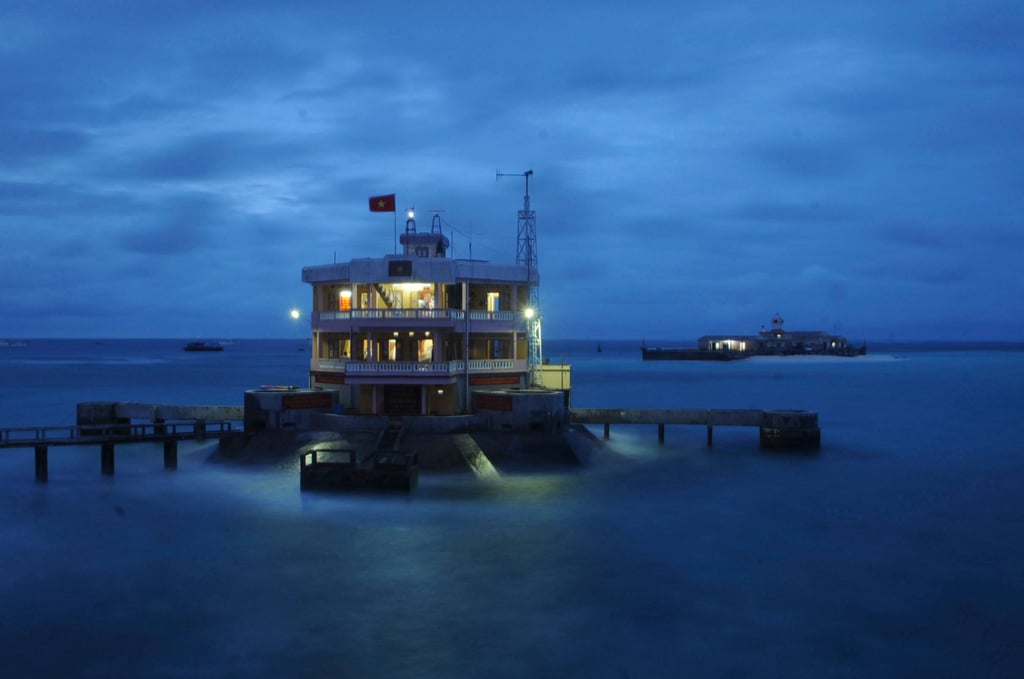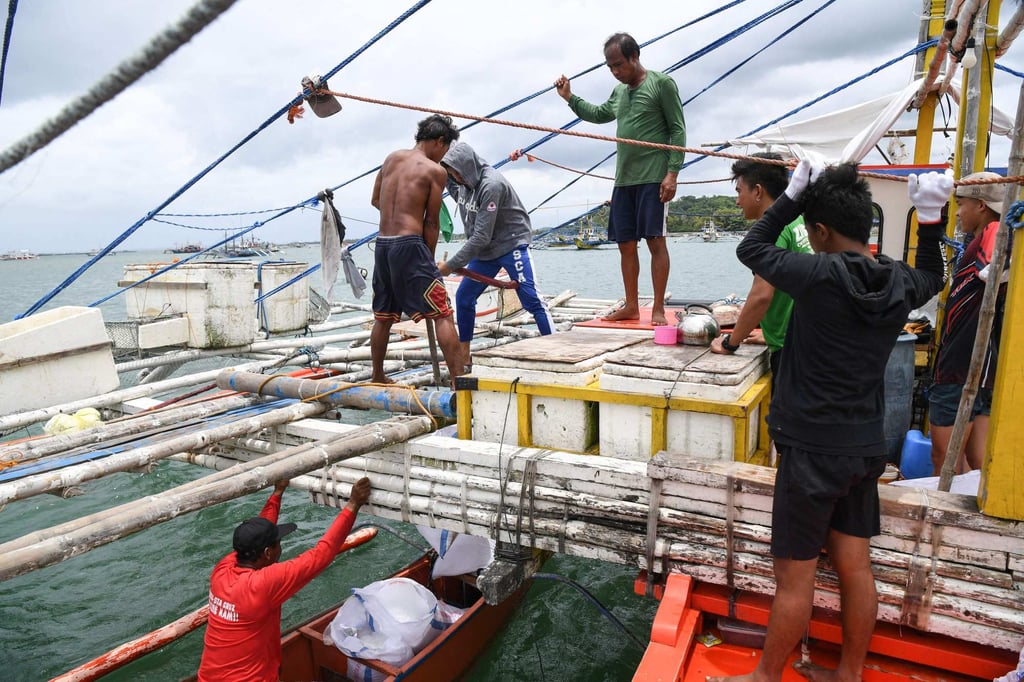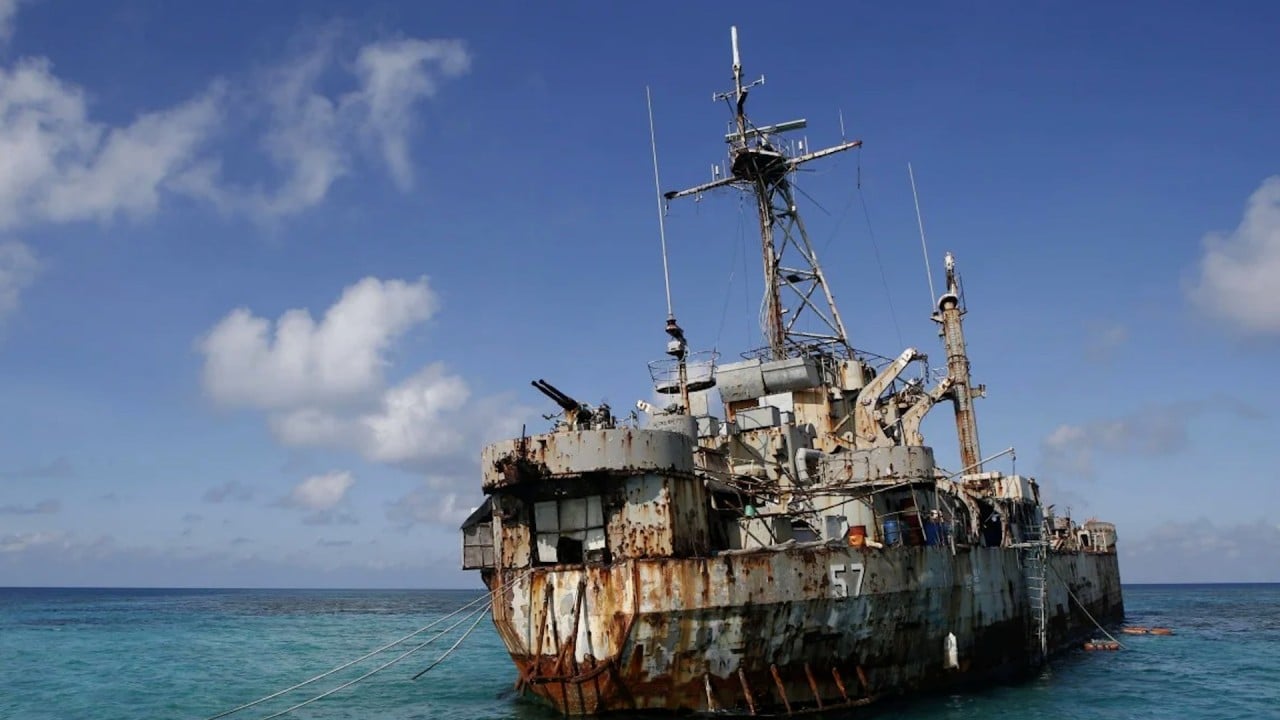South China Sea: ‘bullied by China’? Philippine-Vietnam joint drills mark peace bid

Philippine and Vietnamese defence officials are also slated to meet in Manila this week over talks of closer defence cooperation.
The Philippine Department of Foreign Affairs said last week it was ready to discuss overlapping continental shelf claims with Vietnam after Hanoi followed suit with its own filing before the UN this month, with Manila having done so in June.
The Spratly Islands are a flashpoint in competing claims between Hanoi and Beijing – which calls the land masses Nansha Islands.
He called Hanoi’s following of Manila’s model of filing an extended continental shelf claims a “significant leap of maritime rules-based order to prevail in the contested islands” amid China’s “intimidating 10-dash line and its new law to forbid foreign fishers in their self-described maritime domains”.
Cabalza said a reconciliation between the Philippines and Vietnam over disputed maritime claims was more likely as “Vietnam echoes a language of equality and respect to its Asean neighbour, unlike China that utilises an ineffective grey-zone tactic against the Philippines”.
“Hanoi does not bully Manila but uses diplomacy and strategic partnership to peacefully resolve the South China Sea conundrum,” he said.

“The arbitral award of July 12, 2016, declared that the territorial sea of Scarborough Shoal is a traditional common fishing ground of Filipino, Chinese, and Vietnamese fishermen. The lagoon of Scarborough Shoal is part of the territorial sea of Scarborough Shoal, since only a few high tide features surround the lagoon.
“However, the Chinese coastguard has been preventing Filipino fishermen from entering the lagoon of Scarborough Shoal to fish even as Chinese fishermen freely fish inside the lagoon,” he said.
Carpio added that the Philippines could submit a proposed set of common fishing rules equally applicable to Filipino, Chinese, and Vietnamese fishermen for arbitration.
These include the months of fishing season and a moratorium for fish regeneration, the total catch weight each country may take, and the type of fishing gear allowed within the area.
“These rules applicable equally to Filipino, Chinese, and Vietnamese fishermen are needed to make fishing sustainable in the lagoon of Scarborough Shoal,” he said, adding that an arbitral tribunal would most likely adopt these recommendations despite China’s protests.
Cabalza from the International Development and Security Cooperation echoed the same sentiment: “Hanoi and Manila can set examples as champions of international law, military resistance to Beijing’s grand strategy on using a hostile coastguard, and setting a consistent tone of narrative that China is not the lone owner of the South China Sea.”
